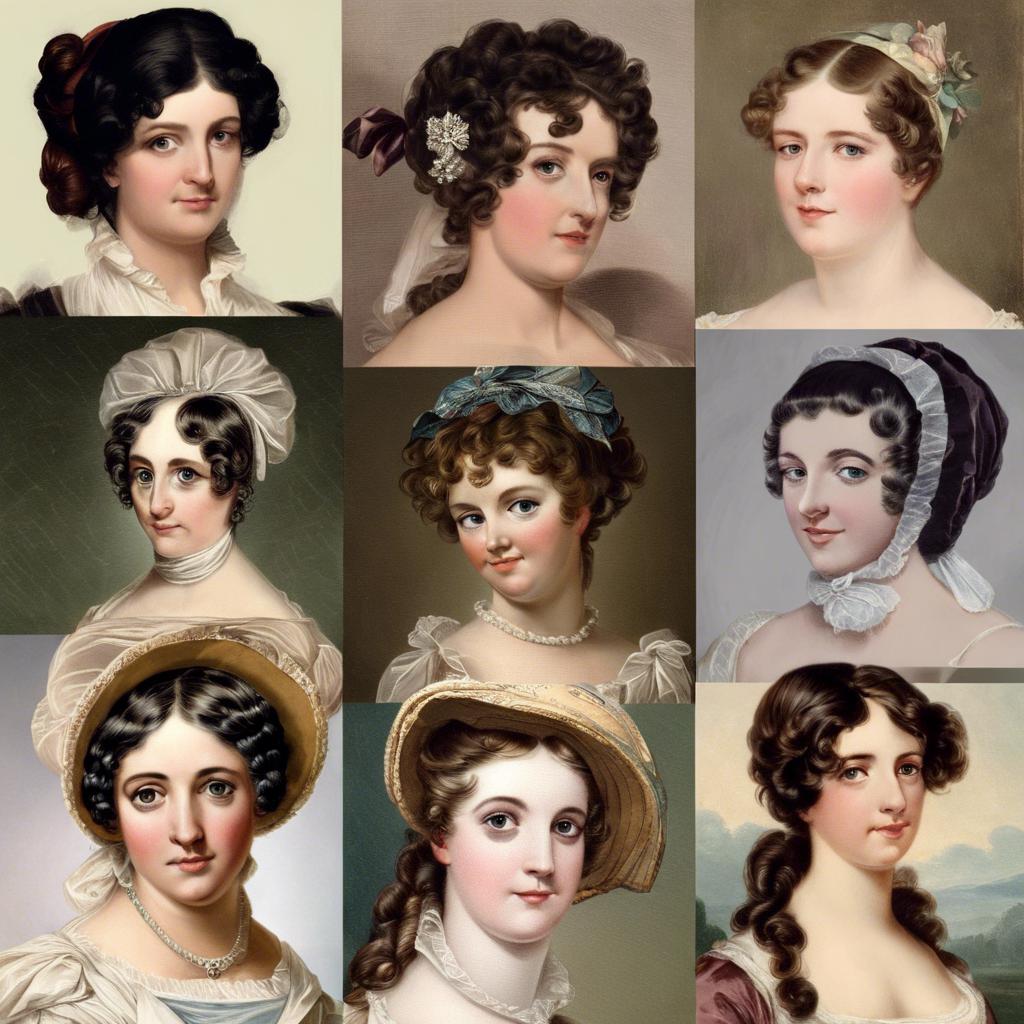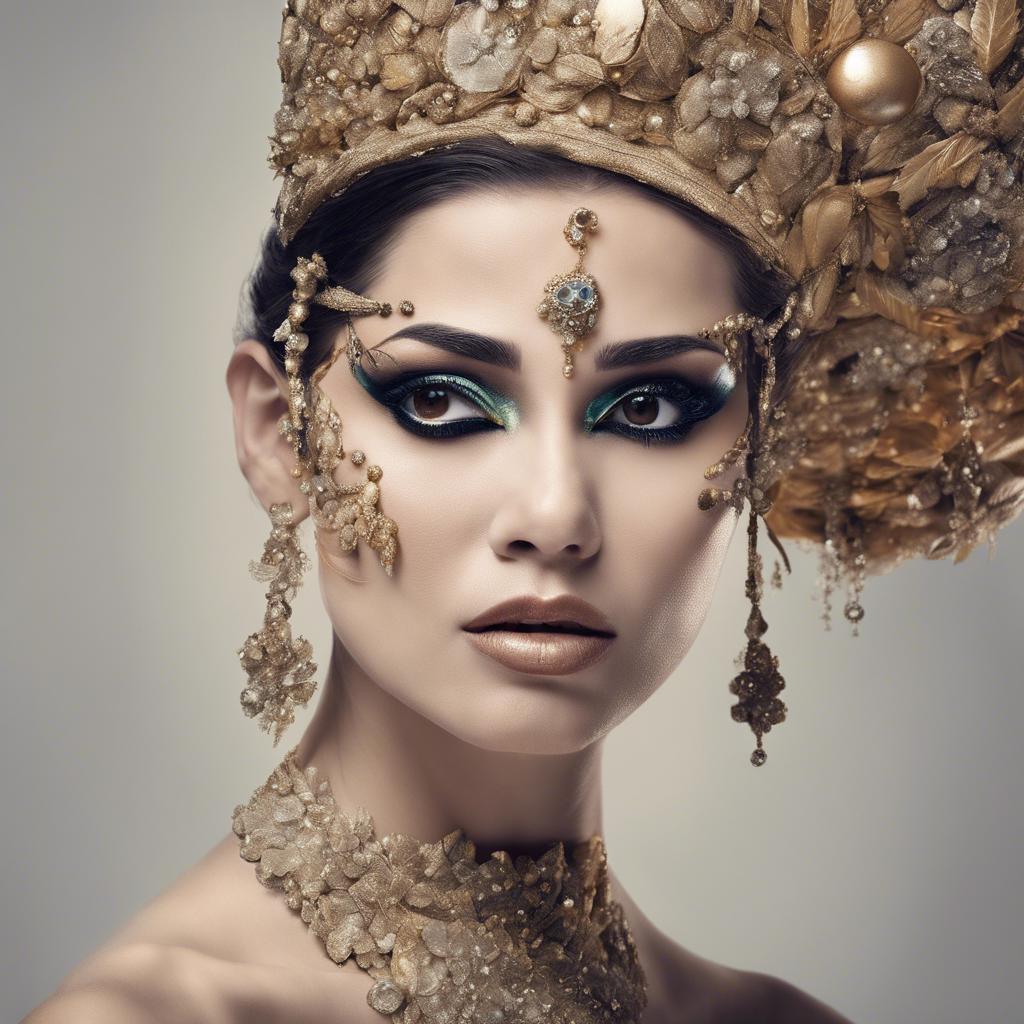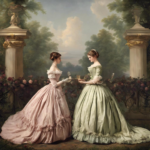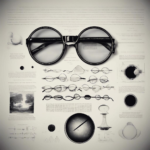During the Regency era, makeup was an essential component of a woman’s daily grooming routine, reflecting the prevailing beauty standards and social norms of the time. From the delicate art of blushing cheeks to the intricacies of creating the perfect lip tint, Regency era makeup was a carefully curated craft that held both cultural and sartorial significance. In this article, we will delve into the history and techniques of Regency era makeup, exploring the products, practices, and perceptions that defined beauty during this era of elegance and refinement.
Step Into the World of Cheryl Bolen
Dive into the enchanting stories of love, intrigue, and elegance set in the Regency Era. Cheryl Bolen's novels offer timeless romance and captivating tales that will leave you wanting more.
Explore Cheryl Bolen's Books Now
Introduction to Regency Era Makeup Trends
The Regency era was a time of elegance and sophistication, where makeup trends reflected the refined tastes of high society. Women in the early 19th century embraced a natural and delicate look, with a focus on enhancing their features in a subtle manner.
During this period, pale skin was highly prized as it was associated with nobility and refinement. Women would use lead-based white powders to achieve a porcelain complexion, often risking their health in the pursuit of beauty. Rosy cheeks were also popular, achieved by lightly dusting the apples of the cheeks with pink or red powder.
One of the defining features of Regency era makeup was the emphasis on the eyes. Women would use kohl or burnt cork to line their eyes, creating a dramatic and exotic look. Eyebrows were shaped thin and arched, emphasizing the natural shape of the face and giving an air of sophistication.
Key Ingredients Used in Regency Era Cosmetics
In the Regency Era, cosmetics played a pivotal role in enhancing the beauty of women from high society. The key ingredients used in these cosmetics were often sourced from nature, reflecting the simplicity and elegance of the time. Some of the most commonly used ingredients included:
- Beeswax: Known for its moisturizing properties, beeswax was a popular ingredient in Regency Era lip balms and salves.
- Rosewater: This fragrant floral water was used as a natural toner and perfume in Regency Era face powders and lotions.
- Alkanet Root: A natural dye derived from the alkanet plant, this ingredient was used to add a rosy tint to lip and cheek products.
In addition to these key ingredients, Regency Era cosmetics also featured exotic elements such as:
- Orris Root: This powdery substance was used as a fixative in perfumes and face powders, adding a hint of floral sweetness.
- Sandalwood: prized for its rich aroma, sandalwood was often used in Regency Era scented oils and hair pomades.
- Patchouli: Known for its earthy and musky scent, patchouli was a popular ingredient in Regency Era perfume blends.
These key ingredients not only added a touch of luxury to Regency Era cosmetics but also served practical purposes in the preservation and enhancement of beauty. From delicate rosewater to exotic patchouli, these ingredients continue to inspire modern beauty products with their timeless allure and natural benefits.
Popular Makeup Techniques of the Regency Era
In the Regency Era, makeup played a significant role in achieving the desirable look of the time. Women used various techniques to enhance their features and create a fashionable appearance. Here are some popular makeup techniques that were commonly used during the Regency Era:
1. Lead-based white face powder: To achieve a pale complexion, women applied lead-based white face powder to their skin. This powder helped to cover blemishes and create a smooth canvas for other makeup products.
2. Rosy cheeks: Blush was a key element of Regency Era makeup. Women would use a mix of crushed strawberries or beets to create a natural, rosy flush on their cheeks. This technique added a youthful and fresh look to their overall appearance.
Guidelines for Achieving an Authentic Regency Era Makeup Look
For those looking to achieve an authentic Regency Era makeup look, it is important to focus on simplicity and elegance. The key is to enhance natural beauty with subtle touches, rather than heavy layers of makeup. To achieve this timeless look, follow these guidelines:
Face:
- Start with a clean, moisturized face
- Use a light foundation or powder for a matte finish
- Apply a subtle blush on the apples of the cheeks for a delicate flush
Eyes:
- Keep eye makeup minimal with soft, neutral tones
- Define the eyes with a thin line of eyeliner
- Finish with a few coats of mascara for a natural look
Future Outlook
the regency era makeup trends were a reflection of the societal standards and attitudes of the time. From the use of white lead to achieve a pale complexion to the emphasis on natural beauty and simplicity, the makeup of this era tells a story of elegance, sophistication, and change. As we look back on the beauty practices of the past, it is important to remember the historical context in which they were born. The regency era makeup serves as a fascinating glimpse into the beauty ideals of a bygone era, reminding us of the timeless allure of makeup as a tool for self-expression and adornment.


